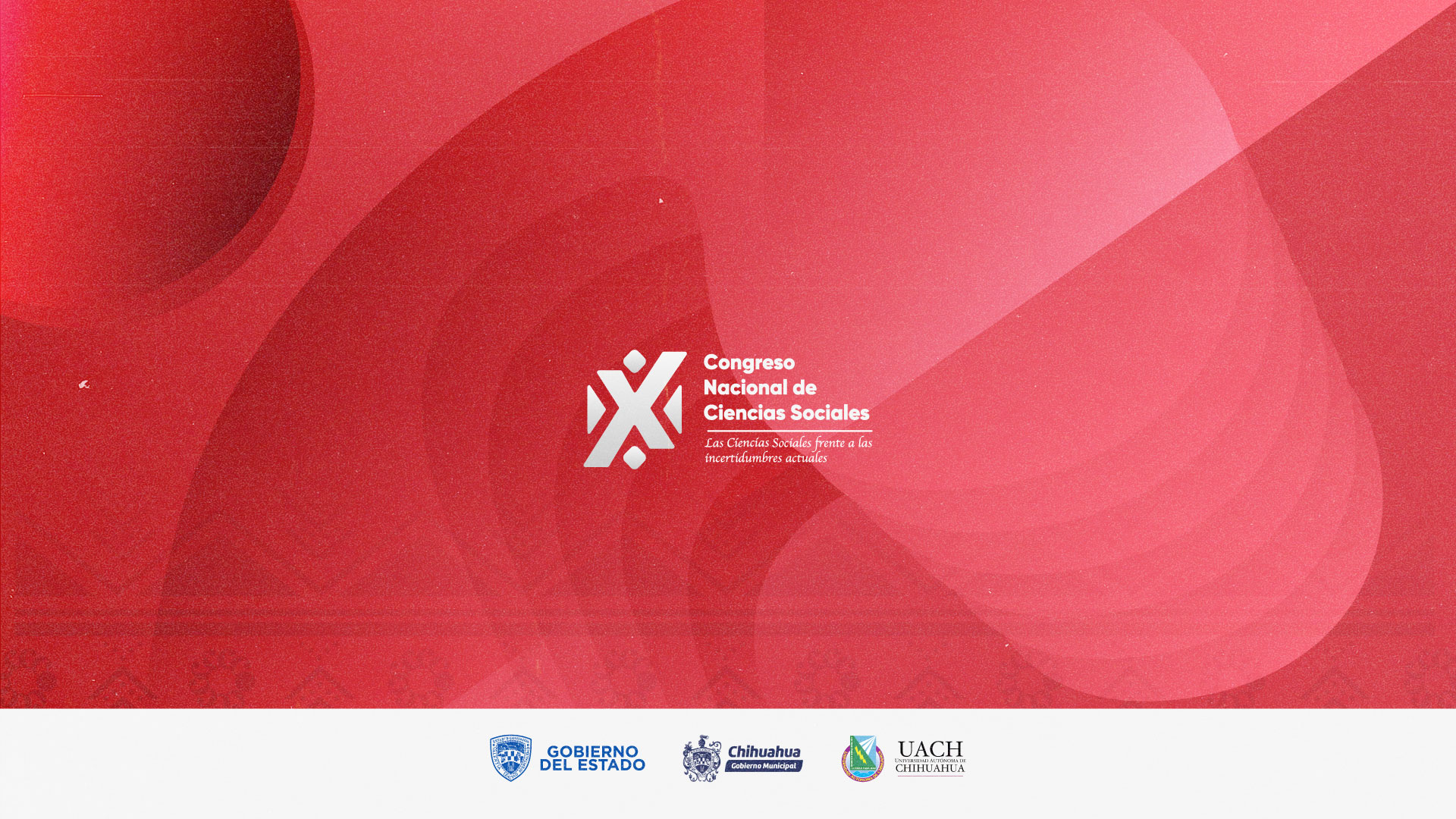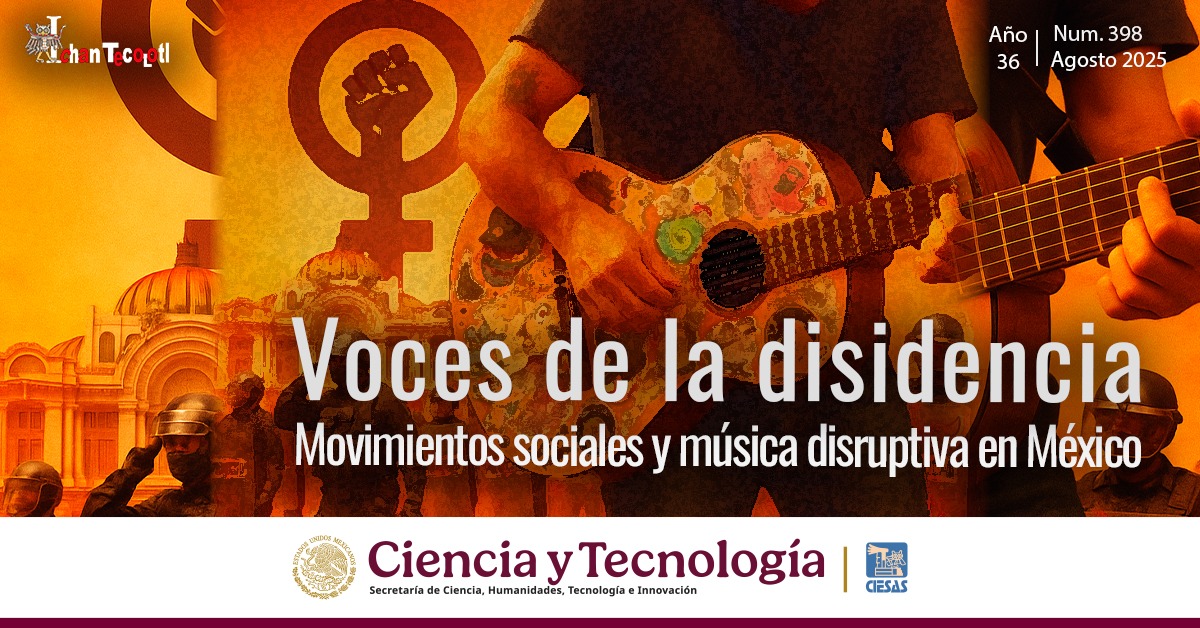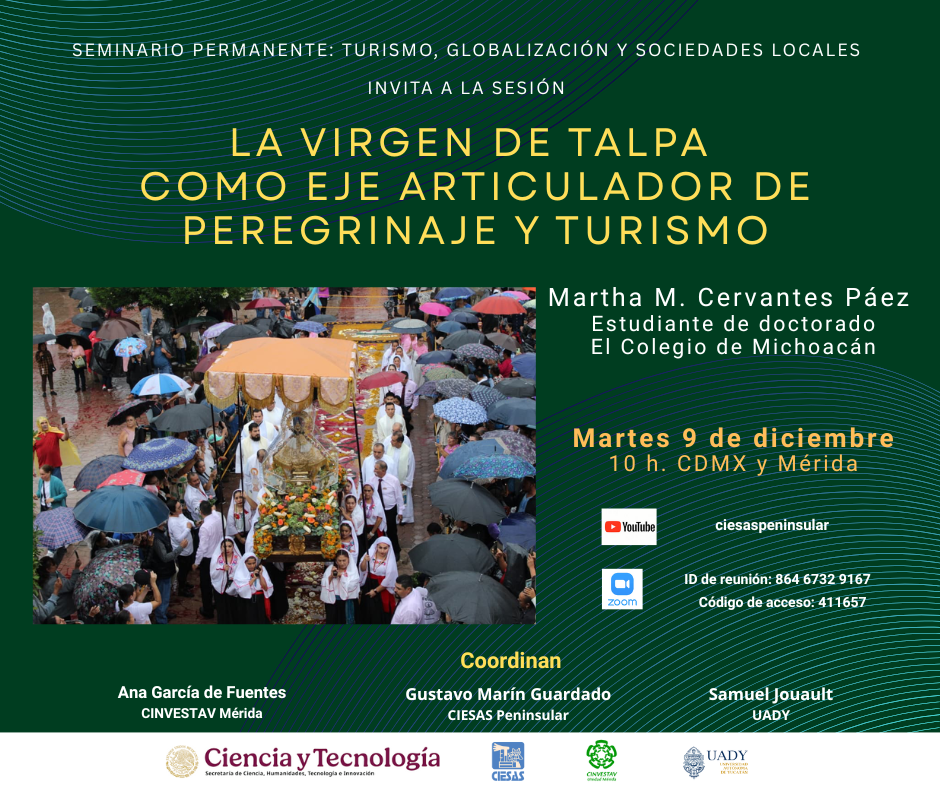«When, where and which kind of collective action matters?»
PARTECIPAZIONE E CONFLITTO
Special Issue on: «When, where and which kind of collective action matters?»
Vol. 14, No. 3 (2021).
Guest Editors: Lorenzo Bosi and Katrin Uba
EDITORIAL/SPECIAL ISSUE
Collective Action Outcomes: Ways Forward for the Subfield
Lorenzo Bosi
Scuola Normale Superiore
Katrin Uba
Uppsala University
Introduction
We had the honour, back in 2009, to write an introduction to a special issue about the outcomes of social movements for Mobilization: An International Journal (Bosi & Uba 2009). Already then, we noted an increasing interest in the topic among scholars of social movements and beyond. Today, eleven years later, it is clear that the number of articles, books and encyclopaedia or compendium entries about different consequences of social movements has quantitatively increased and qualitatively improved. And yet, there are still several “blind spots” in the theoretical framework, methodological tools and empirical coverage of the topic. Hopefully, this introduction and particularly the articles in this special issue will provide some evidence and ideas of how the subfield on collective action outcomes can move forward.
We use the term “collective action outcomes” instead of “social movement outcomes” because we think that for the further development of the subfield, it is crucial to include the research which is not explicitly about social movements. Here we agree with Donatella Della Porta and Mario Diani’s agenda “to expand the field of social movement studies, opening up to recent developments in cognate areas of studies, within and beyond sociology and political sciences” (2015: 22). In addition to the well-known classics on social movements, one could find reference to collective action outcomes in studies of networks (Gould 1993), industrial relations (Snyder & Kelly 1976), psychology (Vestergren et al. 2017, Louis et al. 2020), gender (Taylor et al. 2009), political violence (English 2016), youth activism (Kirshner 2007), commons (Varvarousis et al. 2021), civil resistance (Chenoweth et al. 2011), revolutions (Goodwin 2001) rural development (Lizzo-Wilson 2021), environmental sustainability (Ostrom and Ostrom 2014), international law (Tsutsui et al. 2012), and possibly more. While this short introduction cannot include references to all essential studies in the subfield on collective action outcomes, we would encourage scholars interested in the topic to use the existing overviews in the recent Wiley Blackwell Companion to Social Movements (Snow et al. 2019), Oxford Bibliographies in Political Science: Outcomes of Social Movements and Protest Activities (Giugni et al. 2020) or in other articles and books (e.g., Amenta et al. 2010, Bosi et al. 2016, Giugni 2008, Giugni 1998). As in every aspect of life, knowing where we come from is instrumental for understanding where we are at present and how we can move forward in the future. Therefore, we would urge early career and established scholars to build on existing knowledge and not forget that sometimes the seemingly original argument has already been proposed by another scholar, maybe even by a younger one from a geographically distant region.
This introduction is set up as follows. First, we start with a concise review of the existing scholarship, focusing on the conceptual and theoretical developments over the years, and point to a few methodological and empirical improvements in the subfield on collective action outcomes. Secondly, there is a brief introduction of the papers included in the special issue, and expectedly, we finish with a few thoughts about future research directions.
Vol. 14, No. 3 (2021)
Te puede interesar

Convocatoria para presentación de libros
Laura Gutiérrez - Dic 10, 2025FERIA DEL LIBRO X CONGRESO NACIONAL DE CIENCIAS SOCIALES “Las Ciencias Sociales frente a las incertidumbres actuales” INVITACIÓN PRESENTACIÓN DE…

Convocatoria Feria del libro
Laura Gutiérrez - Dic 03, 2025FERIA DEL LIBRO X CONGRESO NACIONAL DE CIENCIAS SOCIALES “Las Ciencias Sociales frente a las incertidumbres actuales” INVITACIÓN Información general…

Memorias del IX Congreso Nacional de Ciencias Sociales
Roberto Holguín Carrillo - Jul 02, 2025IX Congreso Nacional de Ciencias Sociales Las ciencias sociales y los retos para la democracia mexicana. Realizado en el Instituto…

Ichan Tecolotl, núm. 398
Laura Gutiérrez - Dic 10, 2025Ichan Tecolotl Año 36, Número 398 (agosto 2025) Voces de la disidencia. Movimientos sociales y música disruptiva en México Ver…

Curso Introducción al video etnográfico
Laura Gutiérrez - Dic 10, 2025Curso Introducción al video etnográfico 1. Objetivo Familiarizar a estudiantes o profesionales de la antropología y disciplinas afines con herramientas…










